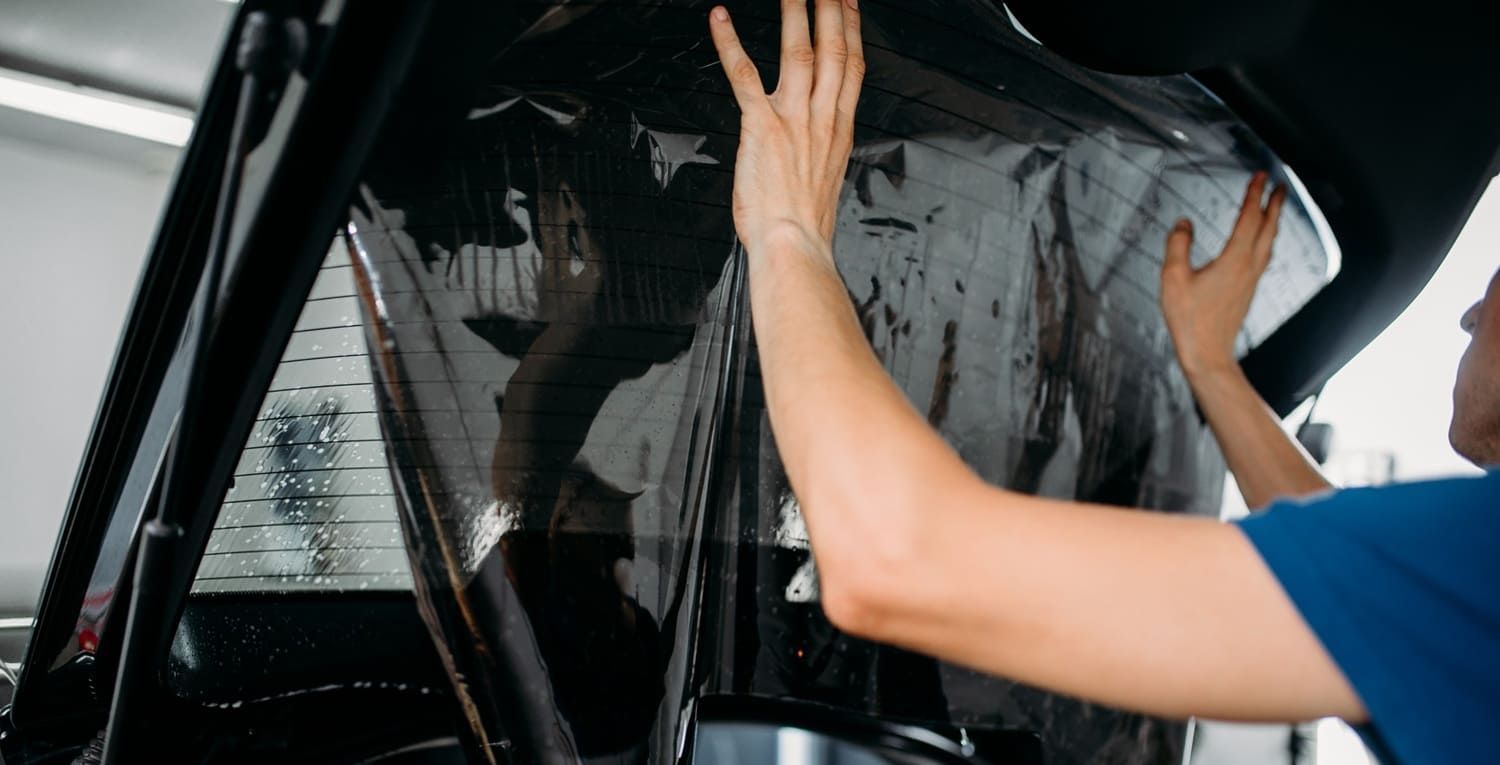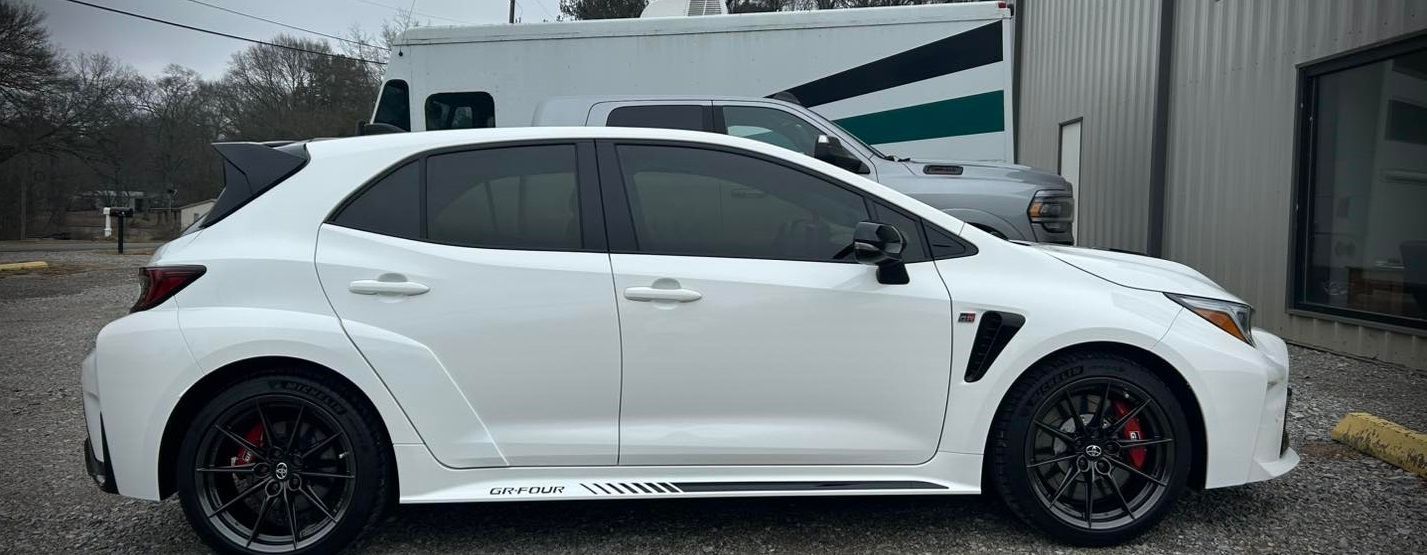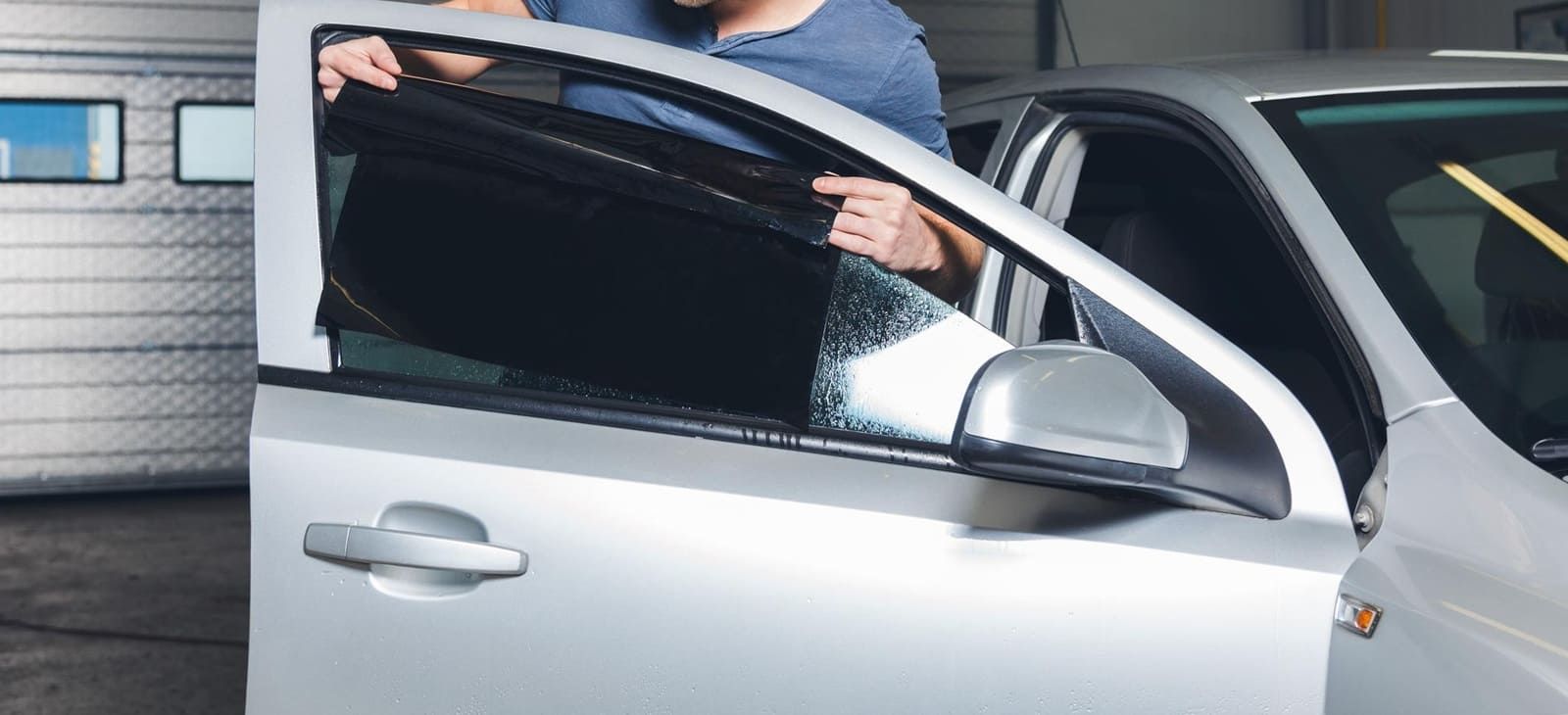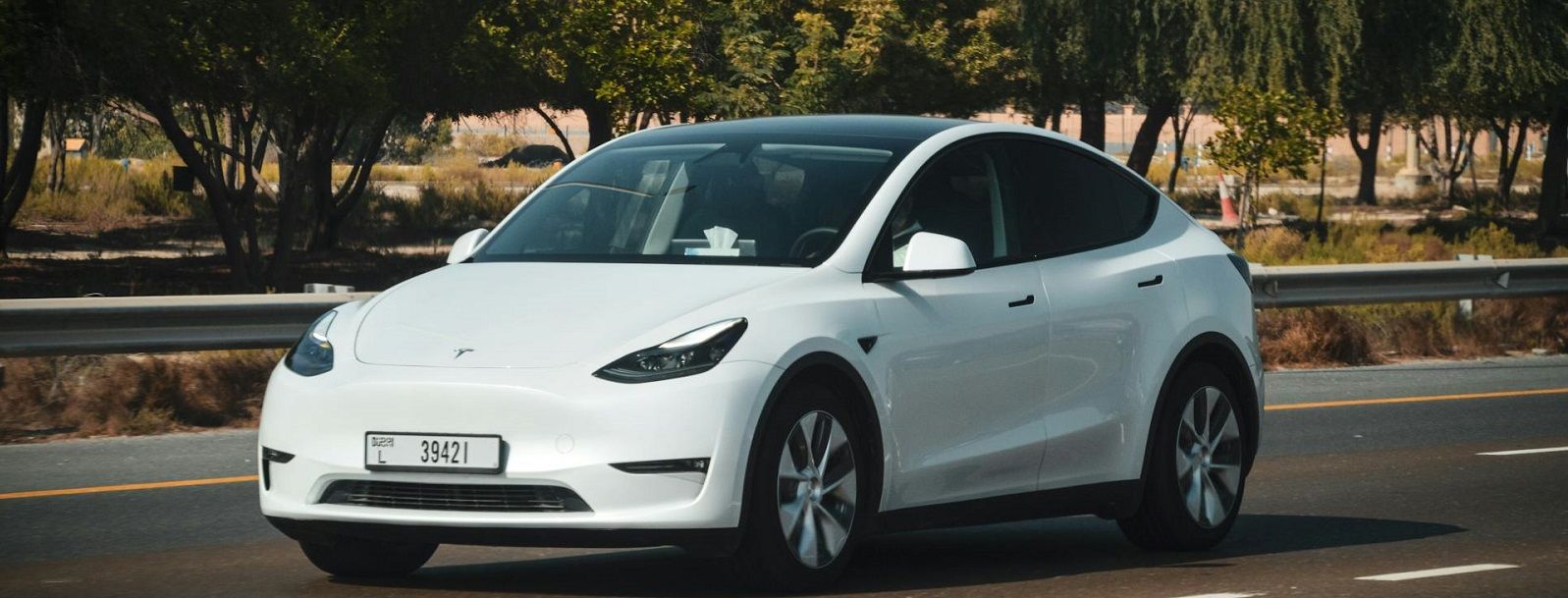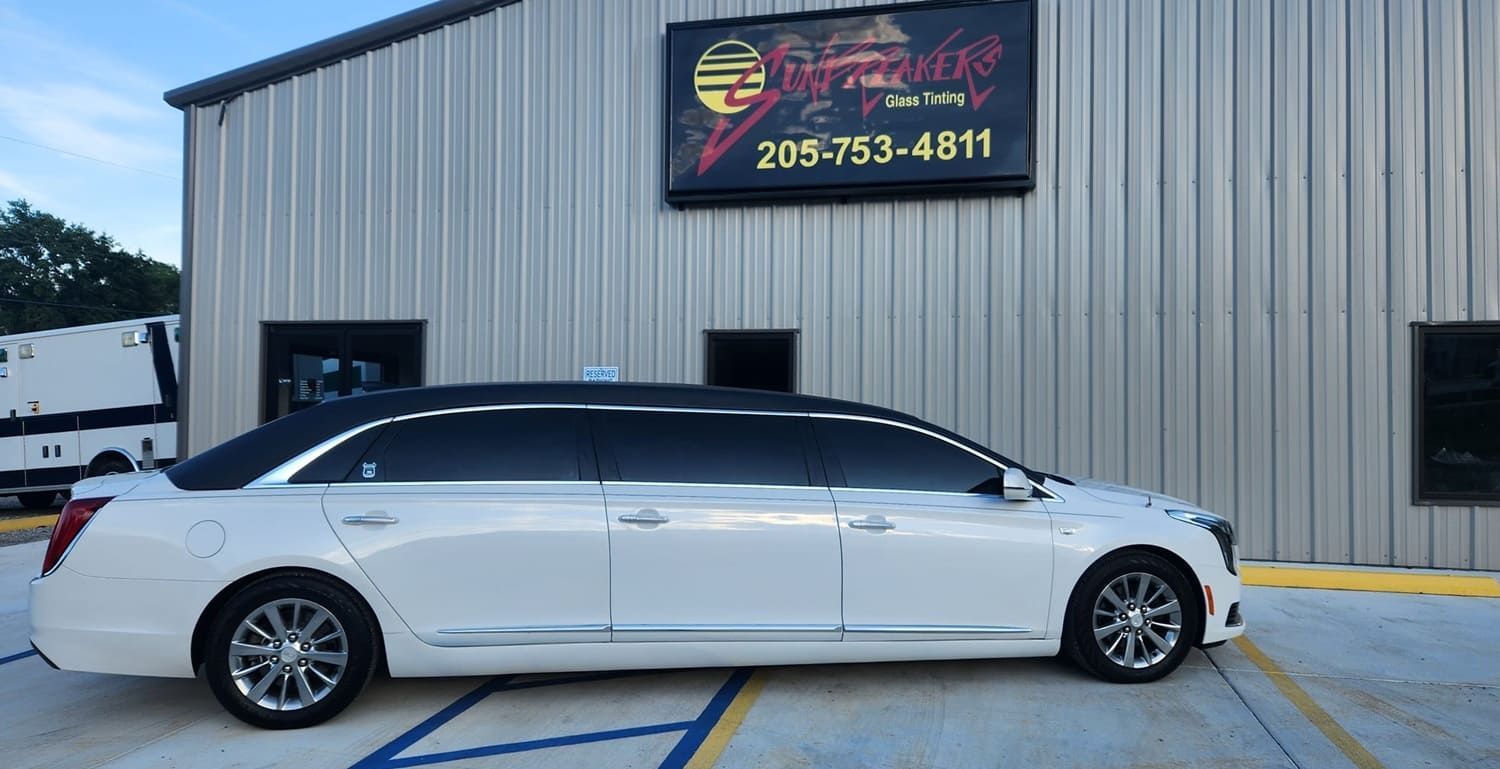How Car Window Tinting Improves Fuel Efficiency by Reducing AC Use
When you think about car window tinting, you might immediately consider the aesthetic appeal or the privacy it offers. Many drivers choose tinting primarily for these reasons, relishing the sleek look and the extra layer of seclusion it provides. However, there's another compelling reason to consider window tinting for your vehicle: improved fuel efficiency through reduced air conditioning use. This benefit often goes unnoticed but can significantly impact both your driving experience and expenses. Let's delve into how this works and why it might be a smart choice for you.
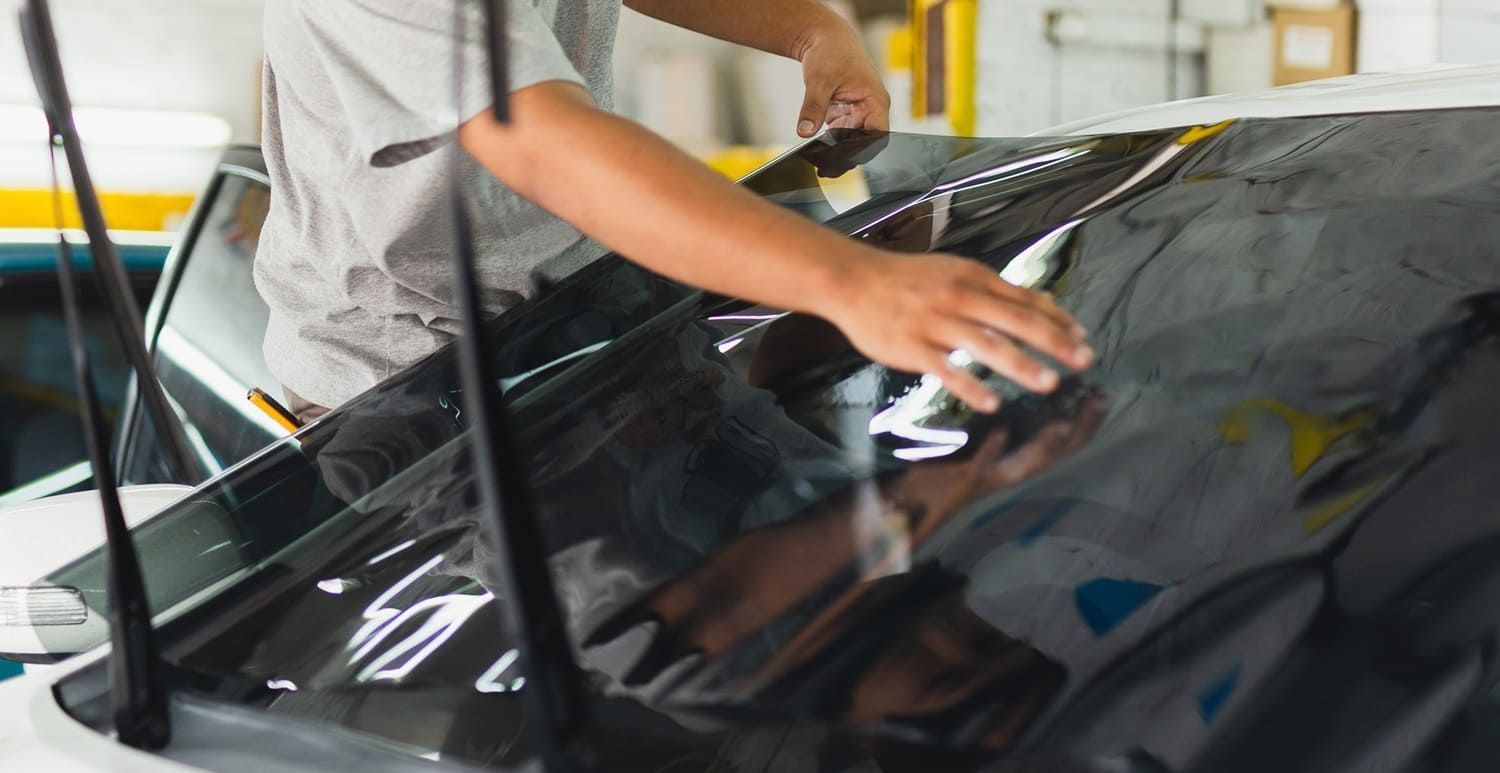
The Science Behind Car Window Tinting
Car window tinting involves applying a thin film to the windows of your vehicle. This film is designed to block a significant amount of ultraviolet (UV) rays and solar heat, which are the primary reasons cars heat up so quickly in the sun. Tint films come in various shades and materials, each offering different levels of protection and heat reduction. By reducing the amount of heat that enters your vehicle, window tinting can help keep the interior cooler, making it a practical addition to your car.
The technology behind these films is continually advancing, allowing for better performance and durability. Some modern tints can even block infrared radiation, which is a significant source of heat. This means that with the right tint, your vehicle's interior can remain significantly cooler than with standard glass, even in scorching temperatures. The reduction of heat transmission into the car not only keeps the cabin comfortable but also reduces the strain on the car’s air conditioning system.
How Heat Affects Your Car's Fuel Efficiency
When your car is parked in the sun or driving on a hot day, the interior can become uncomfortably warm. This rise in internal temperature prompts many drivers to immediately crank up the air conditioning (AC) to cool down the cabin. While AC is effective, it also consumes fuel, which can reduce your car's overall fuel efficiency. The energy required to power the AC comes directly from the engine, leading to increased fuel consumption.
Moreover, frequent use of the AC can lead to wear and tear on the system, potentially resulting in costly repairs. The more you rely on the AC, the harder your engine has to work, which can also impact the longevity of your vehicle. By understanding the relationship between heat and fuel efficiency, it becomes evident why reducing the interior temperature of your car can lead to significant benefits.
The Role of Window Tinting in Reducing AC Use
With tinted windows, less heat enters the car, meaning the interior stays cooler even on hot days. This reduction in heat allows for a more moderate use of the AC system. In some cases, you might find you don't need to turn on the AC at all, or only for short periods, which can lead to significant fuel savings over time.
Additionally, reducing the reliance on AC not only saves fuel but also enhances the overall driving experience. The car becomes quieter without the constant hum of the AC, and passengers can enjoy a cooler, more comfortable ride without the harsh blast of cold air. Over time, the cumulative effect of using less fuel and maintaining a more moderate climate control system can result in noticeable financial savings and a reduced environmental impact.
Benefits of Car Window Tinting
Improved Comfort
One of the most immediate benefits of window tinting is increased comfort. By reducing heat and glare, tinted windows make driving more pleasant, especially on long trips or during peak sunlight hours. The interior temperature remains more stable, allowing you and your passengers to enjoy a more comfortable journey without the discomfort of excessive heat.
Moreover, window tinting helps reduce eye strain caused by glare, making it easier to see the road and your surroundings. This can be particularly beneficial during sunrise or sunset when the sun is low in the sky. The overall enhancement in comfort can make a noticeable difference in your driving experience, especially during long commutes or road trips.
Enhanced Privacy and Security
Tinted windows can also provide privacy, making it harder for people to see inside your car. This can be particularly beneficial if you often leave valuables in your vehicle. The added privacy can deter potential thieves from targeting your car, as the contents are not easily visible. Additionally, the film can hold shattered glass together in the event of an accident, offering an extra layer of safety by preventing shards from causing injury.
This security feature is especially important in the unfortunate event of a collision or break-in, as it minimizes the risk of injury from flying glass. Furthermore, the increased privacy can also provide a sense of personal security, allowing you to feel more at ease when parked in unfamiliar or high-traffic areas.
Protection from Harmful UV Rays
Car window tinting can block up to 99% of harmful UV rays, protecting your skin from damage and reducing the risk of skin cancer. Prolonged exposure to UV rays can lead to serious health issues, including skin cancer and premature aging. By reducing your exposure while driving, window tinting acts as a protective barrier for both you and your passengers.
It also helps preserve the interior of your car, preventing fading and cracking of upholstery and dashboard materials. The sun's rays can cause significant damage to the interior over time, leading to a worn and aged appearance. By blocking UV rays, window tinting helps maintain the aesthetic and functional integrity of your car's interior, preserving its value and appeal.
Potential Cost Savings
By reducing the need to use your car's AC, window tinting can lead to fuel savings. Over time, these savings can offset the initial cost of tinting, making it a financially sound investment. The reduced wear and tear on your AC system can also lower maintenance and repair costs, further contributing to long-term savings.
Moreover, preserving your car's interior from UV damage can prevent costly repairs and replacements of upholstery and dashboard components. When you consider these potential savings, it's clear that window tinting offers a considerable return on investment, both in terms of immediate comfort and long-term financial benefits
Finding the Right Car Window Tinting Service
When considering window tinting, it's essential to find a reputable service provider. A quality installation is crucial to ensuring that your tint performs effectively and lasts for years. Here are some tips to help you find the right "car window tinting near me":
Research and Reviews
Start by researching local tinting services. Look for customer reviews and ratings to gauge the quality of their work. Websites and social media platforms can be valuable resources for finding feedback from previous customers. Reviews can provide insight into the customer experience, highlighting both positive and negative aspects of a service provider's work.
Additionally, consider asking friends or family for recommendations. Personal referrals can be invaluable, as they come from trusted sources who have firsthand experience with a service provider. By gathering information from various sources, you can make a more informed decision about where to take your car.
Check for Certifications
Ensure that the service provider you choose is certified and adheres to local regulations regarding window tinting. Different regions have varying laws about how dark or reflective your tint can be, so it's crucial to choose a service that complies with these regulations.
Certification ensures that the technicians are trained and knowledgeable about the latest tinting technologies and legal requirements.
A certified service provider is more likely to deliver high-quality work that meets industry standards. Compliance with local laws not only ensures that your tint is legal but also helps you avoid potential fines or the need to have non-compliant tint removed and reapplied.
Ask About Warranties
A reputable window tinting service should offer a warranty on their work. This warranty should cover issues like bubbling, peeling, or discoloration. Be sure to inquire about the terms and duration of the warranty before committing to a service. A strong warranty indicates confidence in the quality of the materials and workmanship.
Understanding the warranty's coverage can provide peace of mind, knowing that you're protected against defects or issues that may arise after installation. It's also a good idea to ask about the process for making a warranty claim, should the need arise.
Consider the Material and Quality
Not all window tints are created equal. Various materials offer different levels of UV protection, heat rejection, and durability. Discuss your options with the service provider to ensure you choose a tint that meets your needs. High-quality materials may come with a higher price tag, but they often offer better performance and longevity.
Consider factors such as the level of heat rejection you desire, the appearance you prefer, and the durability you need for your driving conditions. By taking the time to choose the right material, you can maximize the benefits of your window tinting investment.
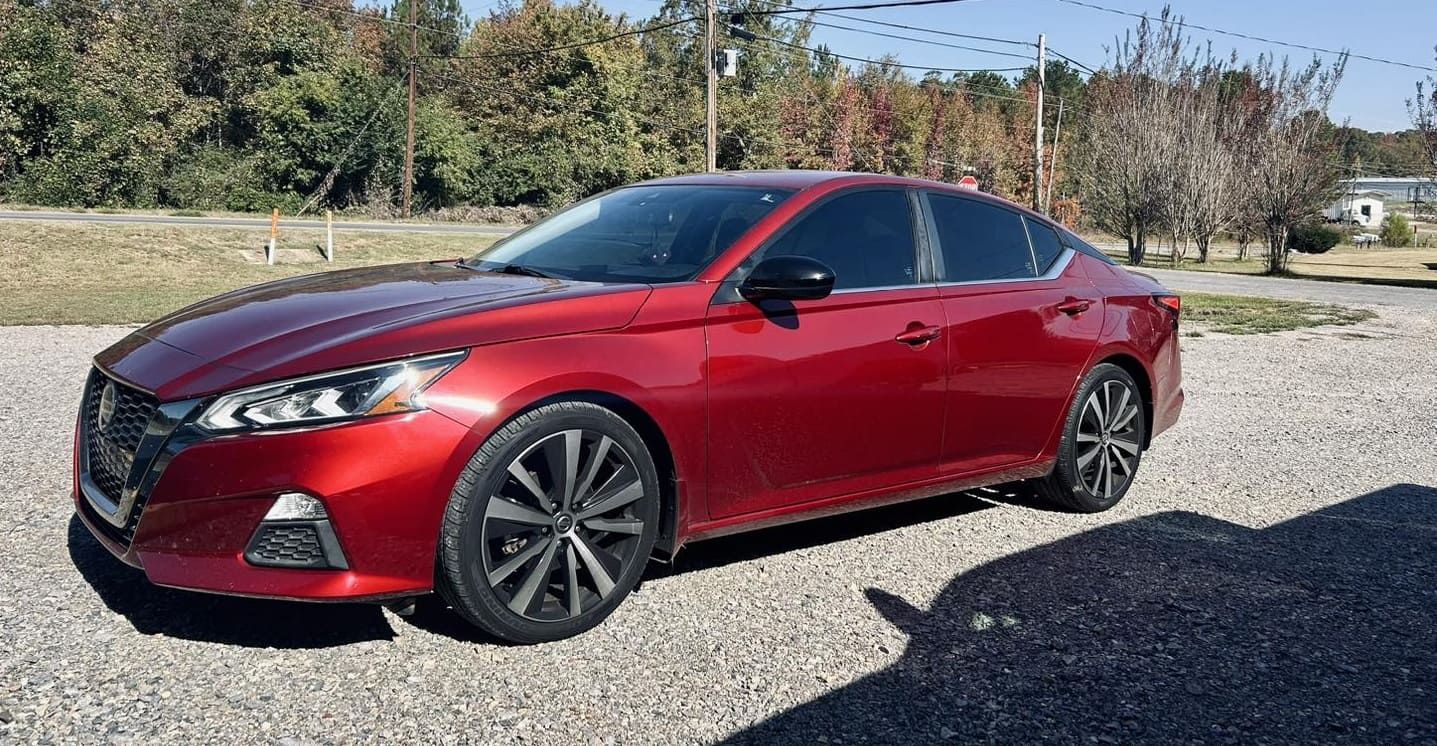
The Environmental Impact of Window Tinting
Window tinting not only benefits your car's efficiency and your comfort, but it also has a positive environmental impact. By reducing the need for air conditioning, your car emits fewer greenhouse gases, contributing to a smaller carbon footprint. This reduction is a significant step towards more eco-friendly driving.
Energy Conservation
When you use less fuel, you're conserving energy and reducing the demand for fossil fuels. This is a small but meaningful step towards sustainable living, as it helps decrease the overall consumption of non-renewable resources. Each bit of fuel saved contributes to a broader effort to minimize reliance on fossil fuels and reduce the environmental impact of transportation.
Furthermore, conserving energy through reduced fuel consumption can lead to a decrease in harmful emissions, contributing to cleaner air quality. This benefit extends beyond individual fuel savings, supporting global efforts to combat climate change and protect the environment.
Reducing Urban Heat
Tinted cars reflect more sunlight than non-tinted ones, which can help reduce the urban heat island effect. In densely populated areas, this can make a noticeable difference in overall temperature regulation and energy consumption. By reflecting more sunlight, tinted cars contribute to cooler urban environments, potentially reducing the need for extensive air conditioning in buildings.
The cumulative effect of many tinted vehicles can lead to lower overall temperatures in cities, which can have a positive impact on energy consumption and public health. By choosing window tinting, you're not only improving your driving experience but also contributing to broader environmental benefits.
Conclusion
Car window tinting is more than just a cosmetic upgrade. It offers tangible benefits like improved fuel efficiency, enhanced comfort, and increased safety. By reducing the need for air conditioning, you can save on fuel costs while contributing to a more sustainable environment. The initial investment in window tinting can pay off in terms of both immediate and long-term benefits.
At Sunbreakers Glass Tinting, we are a trusted LLumar SelectPro Dealer, providing professional window tinting services in Riverside, AL. Our premium films offer superior heat rejection, UV protection, and enhanced privacy, ensuring you get the best results for your vehicle.
If you're considering window tinting, remember to research local service providers, check for certifications, and ask about warranties to ensure you get the best value for your investment. Sunbreakers Glass Tinting offers industry-leading LLumar window films backed by a manufacturer’s warranty for long-lasting protection and performance. Contact us today for a free estimate, and let us help you enjoy a cooler, more efficient, and environmentally friendly ride. The decision to tint your windows is not only a personal benefit but also a responsible choice for the planet.
